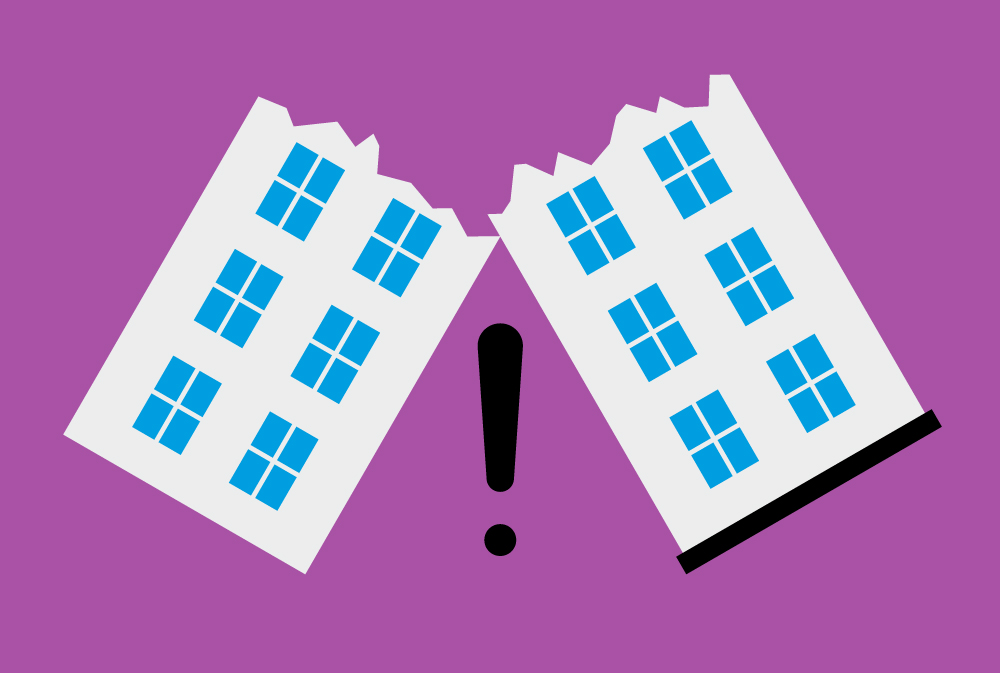
A building expert has claimed that 95% of construction projects in Nigeria’s commercial capital Lagos proceed with no soil tests.
The claim by Dr. Akinsola Olufemi, director of the Centre for Applied Research and Technology Innovations at Yaba College of Technology, was made at a conference last week before Sunday’s collapse of a three story residential building in Lagos that is so far known to have killed 10 people.
“The significance of soil test is, it lets you know the capacity of the soil and the load it can carry, so that it should not carry more load than it can,” Olufemi said, reports newspaper, Pulse.
“A lot of buildings are collapsing today because we do not do things right in Nigeria,” said Olufemi, who is also president of the Nigerian Academy of Facility Management.
He called on the Lagos state government to find the political will to enforce standards.
An investigation is underway into the causes of Sunday night’s collapse in the Ebute-Metta area of Lagos. Eight bodies were recovered from the wreckage in the immediate aftermath, and two more – a four-year-old boy and a female youth corps member – were found on Monday, local media report.
The latest collapse prompted Nigerian President Muhammadu Buhari to call for tougher construction standards.
“The frequency of building collapses in the country has become increasingly embarrassing, the relevant state authorities must work closely with professional bodies to put a halt to these unfortunate but preventable incidents,” he said.
As GCR reported last month, there have been 167 building collapses in Lagos between 2000 and 2021, according to an analysis published by the US-based Brookings Institution.
On top of a heavy death toll, the collapses have displaced some 6,000 households and resulted in the loss of around $3.2 trillion worth of property, said Olasunkanmi Habeeb Okunola, a visiting scientist at the United Nations University’s Institute for Environment and Human Security.
“Notably,” Okunola writes, “there are neither federal nor state regulations in Nigeria that mandate that individuals or building developers consult certified professionals for building construction.”
Further reading:










